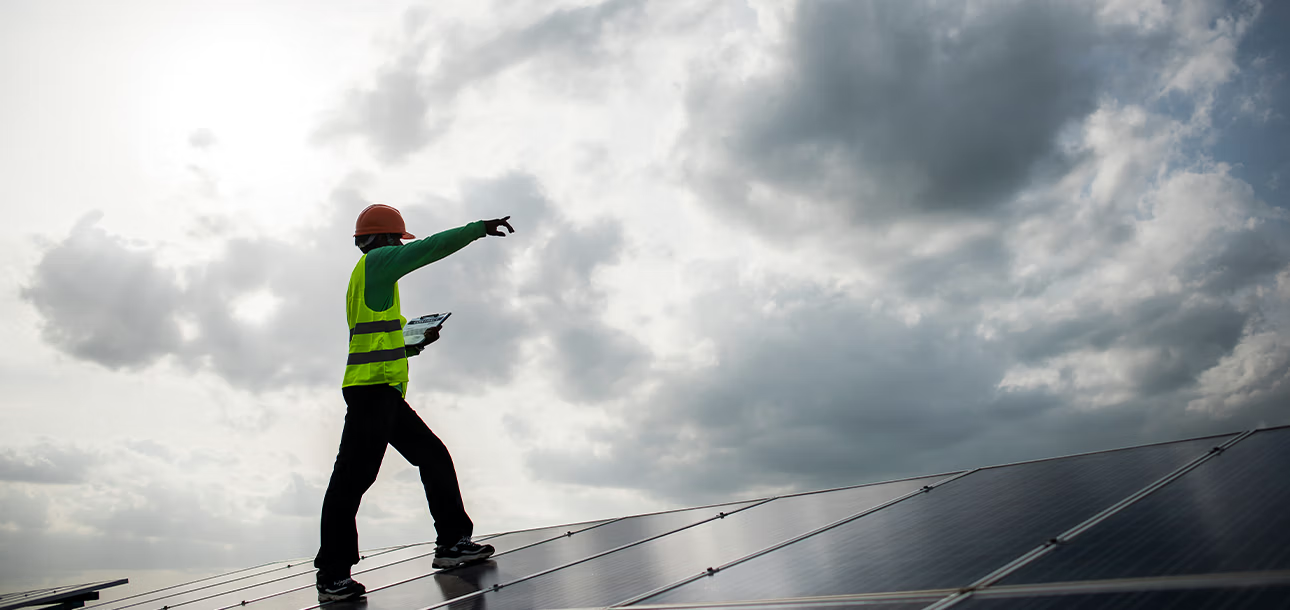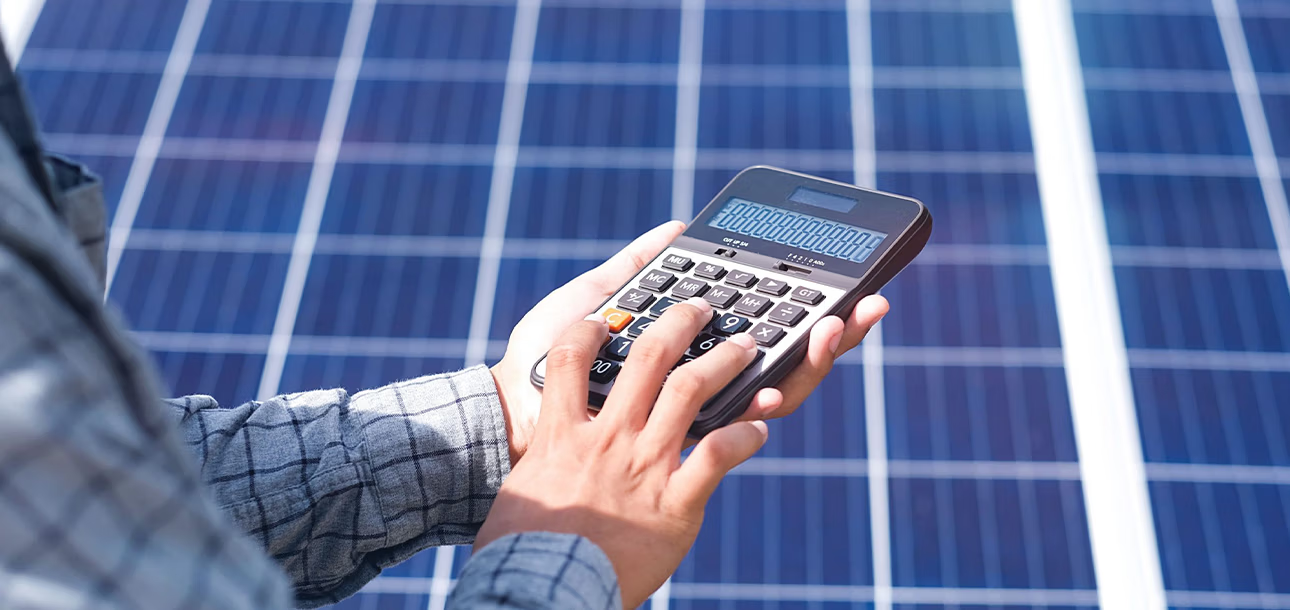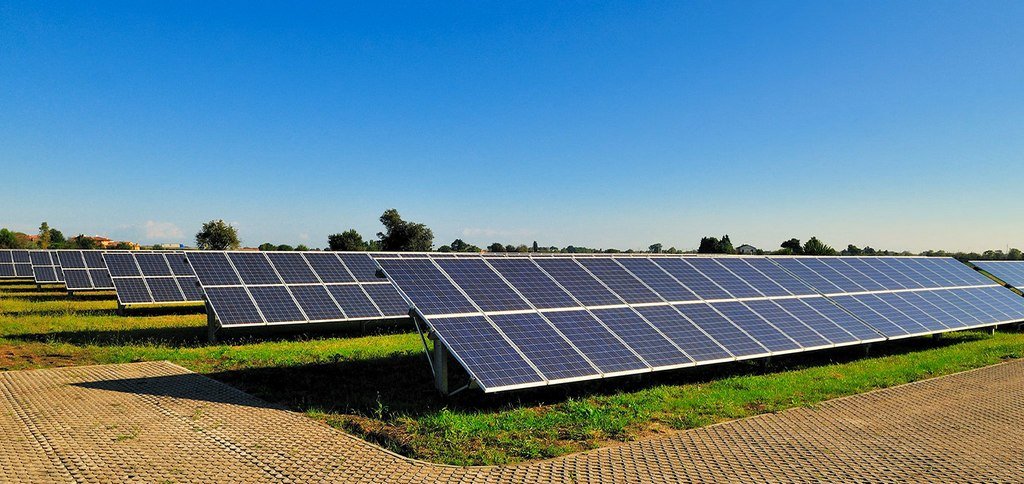The debate of solar energy vs fossil fuels cost has never been more relevant. With rising energy demands, fluctuating oil and gas prices, and the global push for sustainability, understanding the true cost comparison between these two energy sources is critical for investors, policymakers, and businesses. Keep up with Steelbridge Export.
Why Compare Solar Energy vs Fossil Fuels Cost in 2025?
As of 2025, solar energy continues to gain ground, not just as an eco-friendly option but as a financially competitive solution. Let’s explore how the costs stack up.
The Current Cost of Solar Energy in 2025
The price of solar has fallen dramatically over the past decade. Thanks to technological improvements, mass production of PV panels, and government incentives, the cost of solar energy per kilowatt-hour (kWh) is now among the lowest in the world.
Levelized Cost of Energy (LCOE) for Solar: As low as $0.02–$0.04 per kWh in utility-scale projects.
Lower Maintenance Costs: Solar systems require minimal upkeep compared to fuel-based plants.
Free Fuel Source: Sunlight is abundant and free, meaning no fluctuating fuel costs.
This makes the case for solar extremely strong when analyzing solar energy vs fossil fuels cost.
 The Cost of Fossil Fuels in 2025
The Cost of Fossil Fuels in 2025
Fossil fuels remain dominant in many regions, but their long-term costs are increasing. Factors that make fossil fuels less competitive include:
Fuel Price Volatility – Oil, coal, and natural gas fluctuate based on global markets and geopolitics.
High Operational Costs – Extraction, refining, and transportation are resource-intensive.
Carbon Taxes & Penalties – Governments are imposing stricter climate policies.
Environmental & Health Costs – Air pollution and greenhouse emissions create hidden costs.
While fossil fuels may still appear cheaper in some regions, the true solar energy vs fossil fuels cost comparison shows solar as more stable and predictable.
Long-Term Investment Perspective
When comparing solar energy vs fossil fuels cost, the long-term investment outlook clearly favors solar:
Solar Energy – Once installed, solar plants provide decades of low-cost power with minimal additional expenses.
Fossil Fuels – Continuous reliance on fuel imports, carbon penalties, and infrastructure costs add financial uncertainty.
For investors, the scalability and resilience of solar infrastructure align perfectly with sustainable growth strategies.
The Role of Subsidies and Incentives
Government incentives heavily influence the solar energy vs fossil fuels cost equation. Key policies shaping the market include:
Tax Credits for Solar Projects – Encouraging adoption and lowering upfront costs.
Carbon Pricing on Fossil Fuels – Increasing the cost burden on polluting industries.
Green Bonds & Infrastructure Funds – Supporting renewable energy transition globally.
These incentives continue to tilt the cost balance in favor of solar.
Environmental and Social Cost Comparison
A fair analysis of solar energy vs fossil fuels cost must also account for environmental and social impacts:
Solar Energy – Minimal emissions, reduced water use, supports climate goals.
Fossil Fuels – CO₂ emissions, air pollution, and health burdens increase real costs.
As climate change accelerates, these hidden costs make fossil fuels increasingly unsustainable.
 Future Outlook: Will Solar Outcompete Fossil Fuels Everywhere?
Future Outlook: Will Solar Outcompete Fossil Fuels Everywhere?
By 2030, experts predict that in most regions, solar will become the cheapest energy source. Advances in energy storage and grid integration will further enhance solar’s reliability, closing the final gaps in the solar energy vs fossil fuels cost debate.
Looking to cut energy costs and embrace clean power? Invest in solar today and secure your role in the energy transition.
We do mutual projects in iRan and Middle east in collaboration with Yenisana.com.
FAQs
- 1. Is solar energy cheaper than fossil fuels in 2025?
Yes, in most utility-scale projects, solar is already cheaper on a per-kWh basis. - 2. Why are fossil fuels still in use if solar is cheaper?
Infrastructure dependence, subsidies for fossil fuels, and energy storage challenges keep fossil fuels in play. - 3. What role do subsidies play in solar adoption?
Government incentives make solar investments more affordable and attractive. - 4. Does solar energy have hidden costs?
While initial installation is high, operational and environmental costs are significantly lower than fossil fuels. - 5. Will solar completely replace fossil fuels?
Not immediately, but as costs fall and storage improves, solar will dominate the global energy mix.









2 Comments
I don’t think the title of your article matches the content lol. Just kidding, mainly because I had some doubts after reading the article.
Hello Dear Reader,
What tittle do you think might match the content? I would be happy to hear your comment.